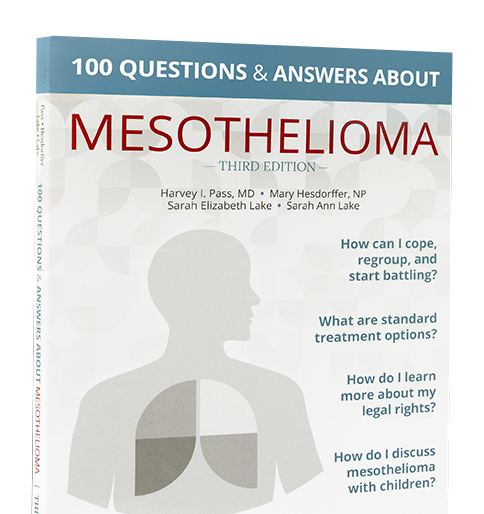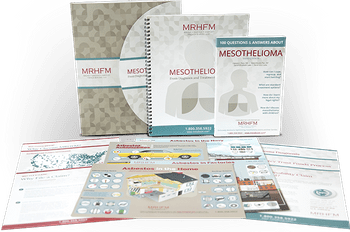Though the most common cancer caused by smoking is lung cancer, smokers that have been exposed to asbestos in the past 10 to 50 years shouldn’t always assume that tobacco is the cause. Why? Smokers who have been exposed to asbestos in the past are at greater risk of developing lung cancer because asbestos dust and tobacco actually work together to multiply the danger. In fact, studies show that the combination of smoking and asbestos exposure poses a greater threat than smoking alone or asbestos exposure alone. It is estimated that the combination of the two toxins makes smokers 50 to 84 times more likely to develop asbestos-related lung cancer.
Symptoms of lung cancer include:
- A persistent cough that gets worse over time
- Blood in the sputum (fluid) coughed up from the lungs
- Difficulty swallowing
- Fatigue or anemia
- Loss of appetite
- Pain or tightening in the chest
- Shortness of breath, wheezing, or hoarseness
- Swelling of the neck or face
- Weight loss
It is important to note that lung cancer causes many of the same symptoms as pleural mesothelioma. This is an aggressive cancer that affects the tissue that surrounds the lungs. Signs and symptoms of pleural mesothelioma include:
- Chest pain under the rib cage
- Painful coughing
- Shortness of breath
- Unexplained weight loss
- Unusual lumps of tissue under the skin on your chest
Although studies are uncertain as to whether or not smoking increases the risk of developing mesothelioma, if a smoker has been exposed to asbestos, it’s never safe to assume that lung cancer is the only possible diagnosis. If you worked with asbestos in the past (smoker or not), see your doctor right away. It could be mesothelioma.
Sources
"Asbestos Exposure and Cancer Risk." National Cancer Institute (NCI). U.S. Department of Health and Human Services (HHS), National Institutes of Health (NIH), 2017. Web. 18 Apr. 2017.
"Diseases and Conditions: Mesothelioma." Mayo Clinic. Mayo Foundation for Medical Education and Research (MFMER), 1998-2017. Web. 18 Apr. 2017.
"Harms of Cigarette Smoking and Health Benefits of Quitting." National Cancer Institute (NCI). U.S. Department of Health and Human Services (HHS), National Institutes of Health (NIH), 2017. Web. 18 Apr. 2017.
"Mesothelioma: Risk Factors." Cancer.Net. American Society of Clinical Oncology (ASCO), 03 Aug. 2016. Web. 18 Apr. 2017.
Reece, Alex. "Killer in Our Midst." PressReader.com. USA Today, 21 Feb. 2017. Web. 18 Apr. 2017.
"What Causes Non-Small Cell Lung Cancer?" American Cancer Society. American Cancer Society, Inc., 2017. Web. 18 Apr. 2017.






